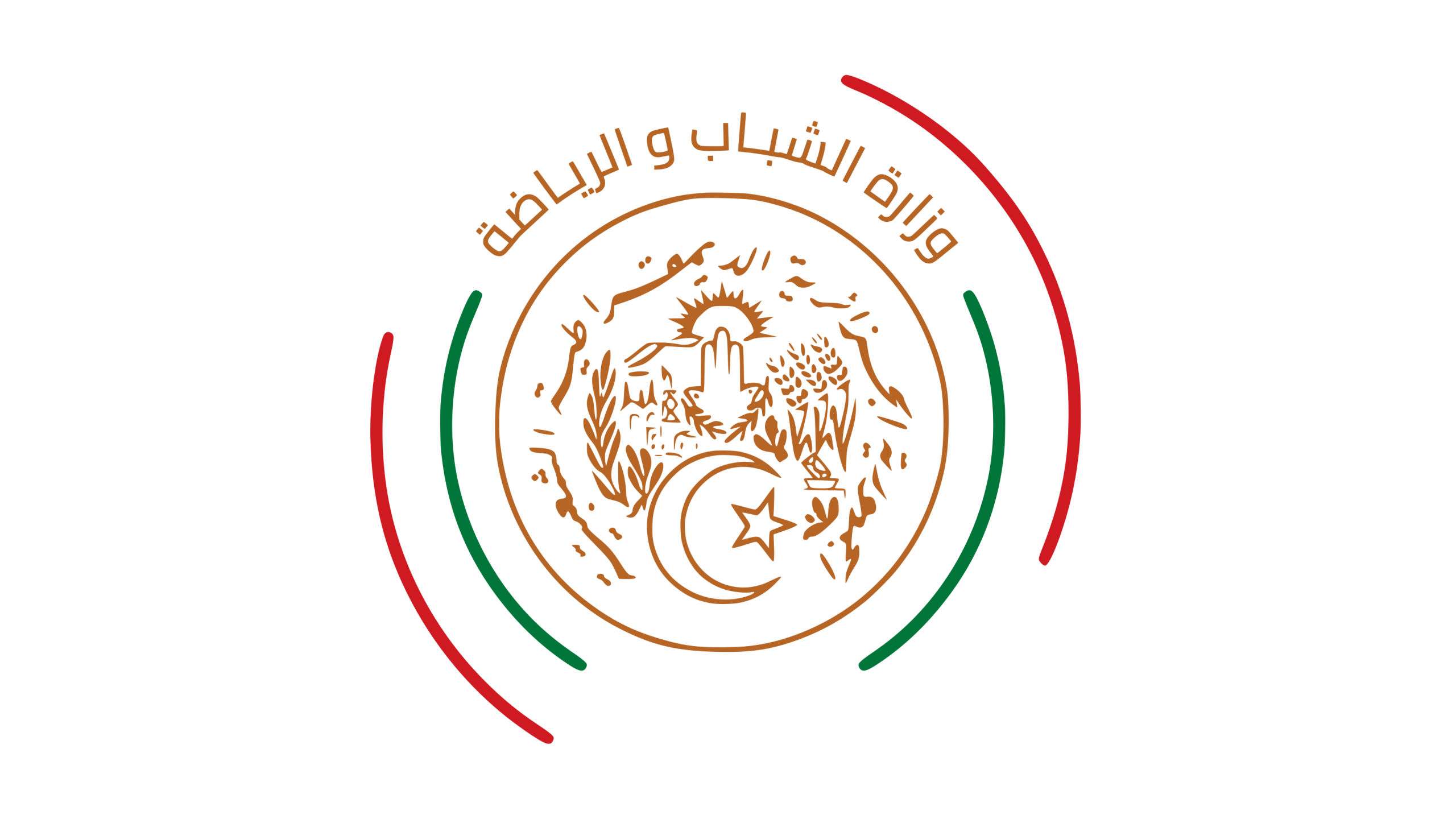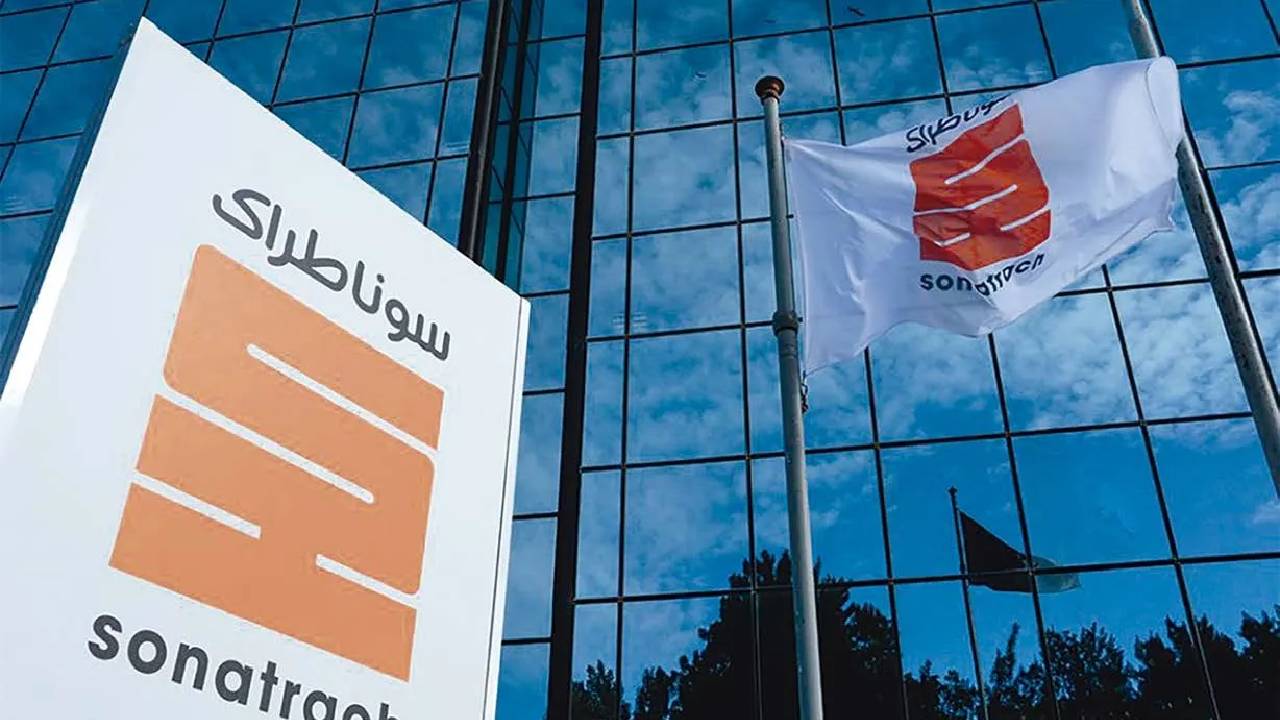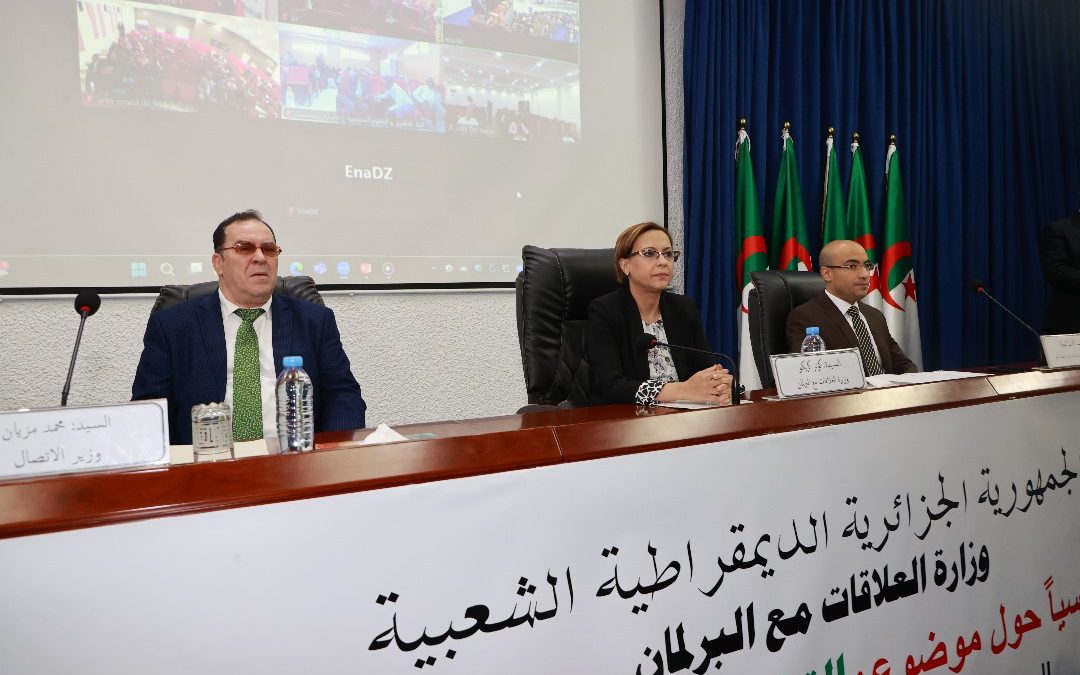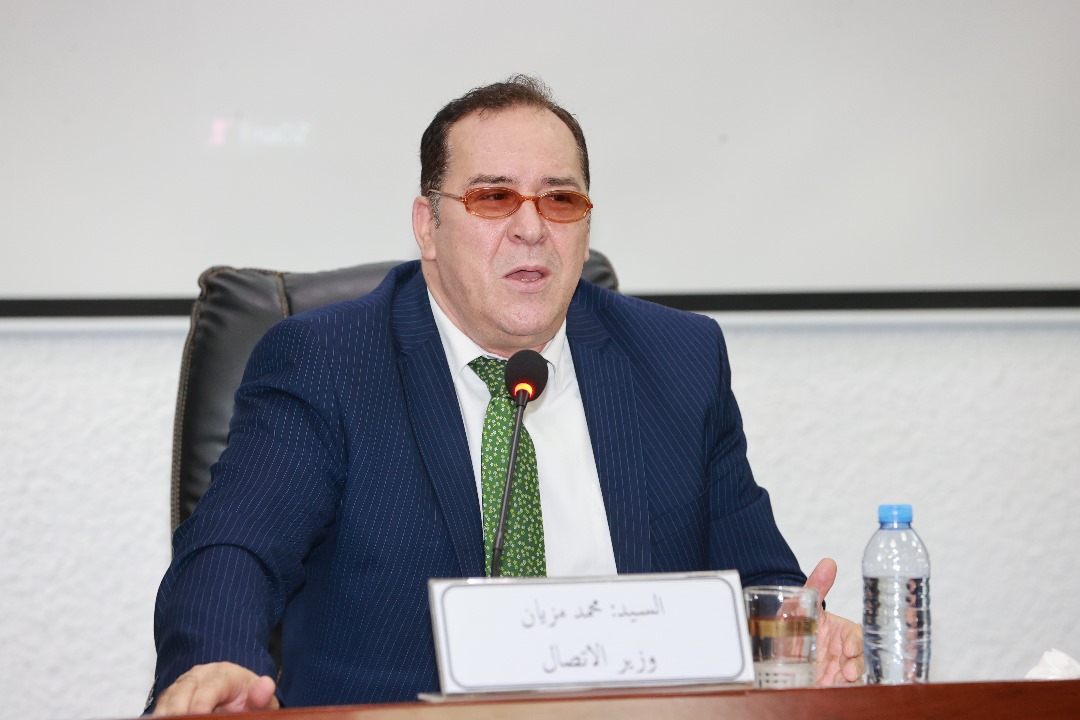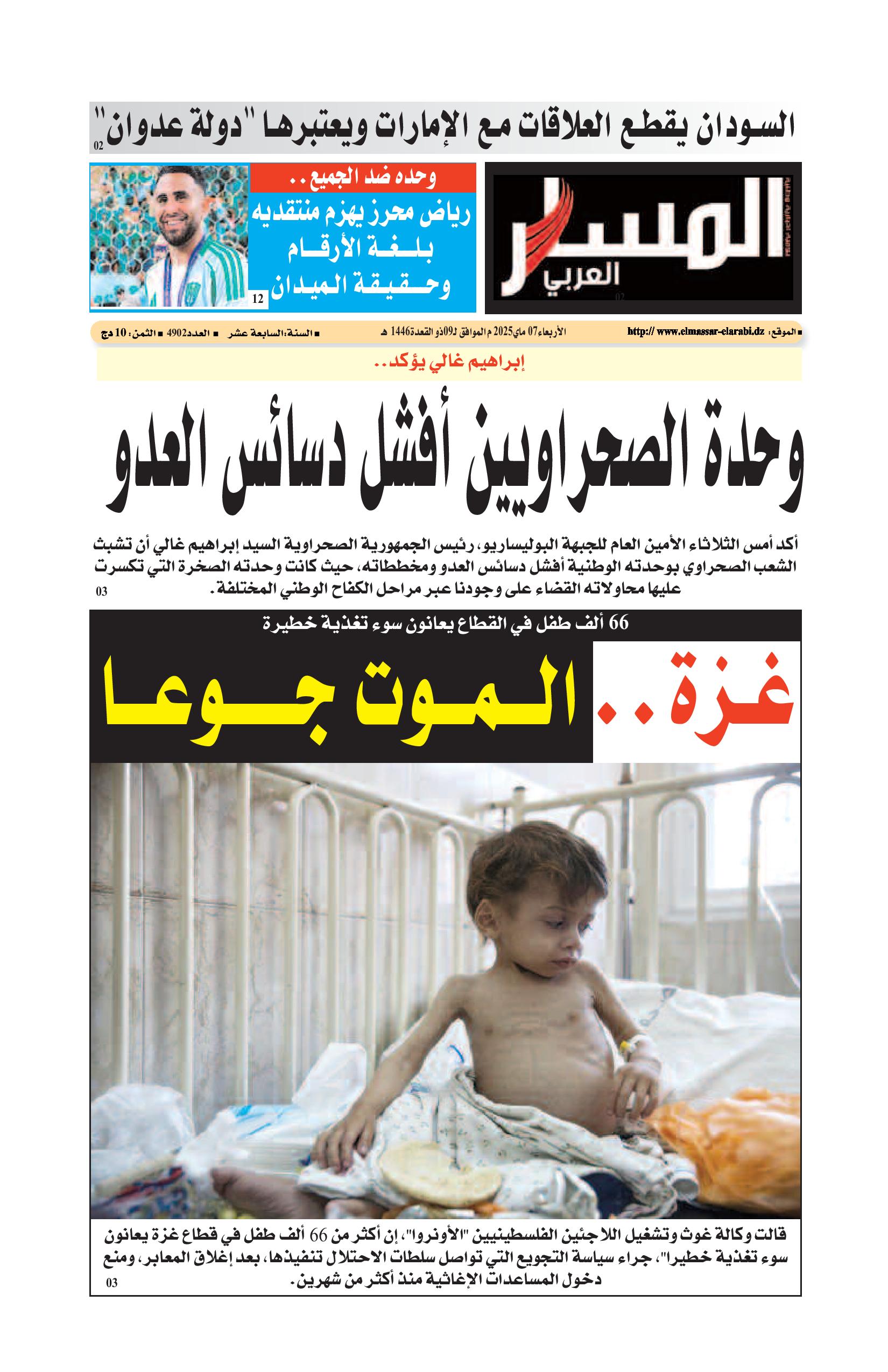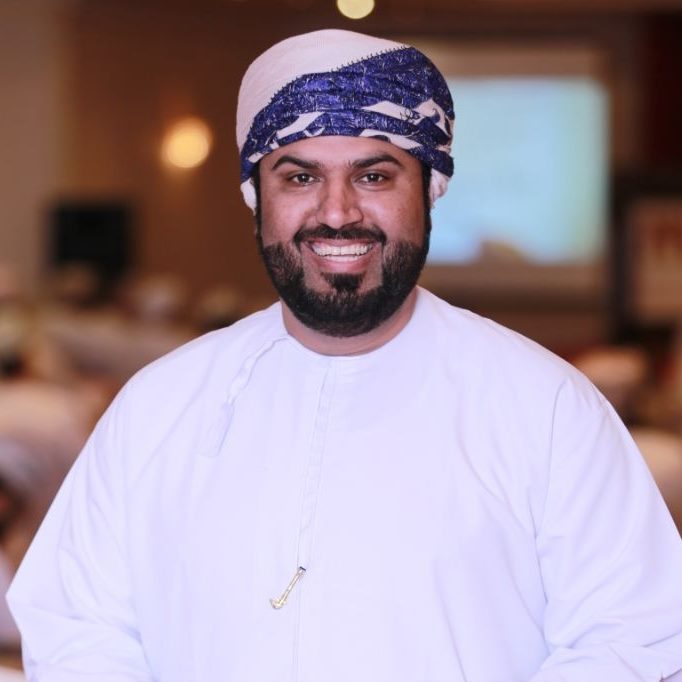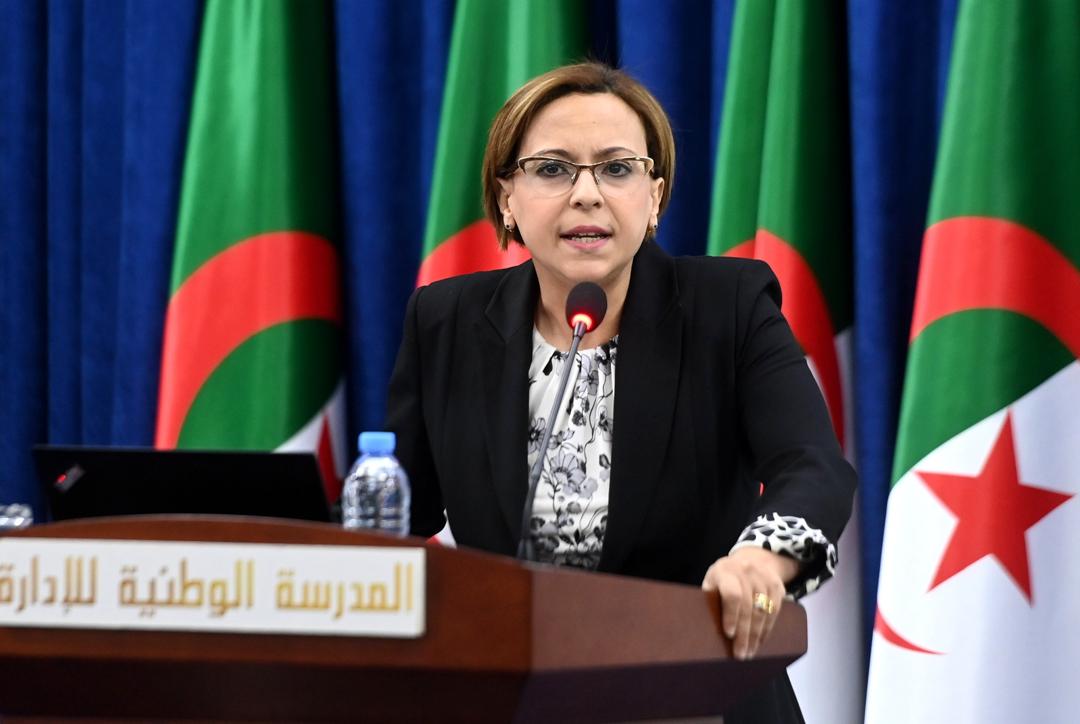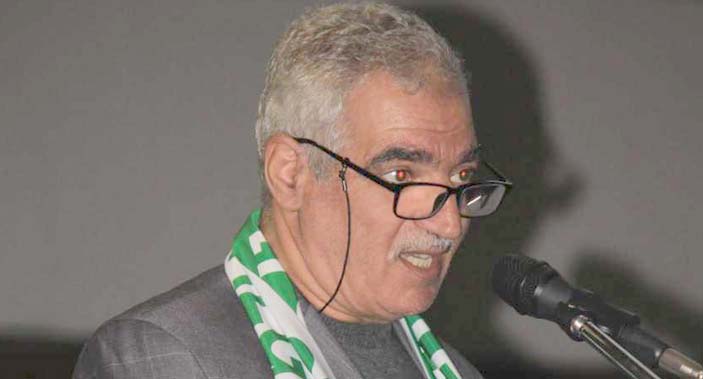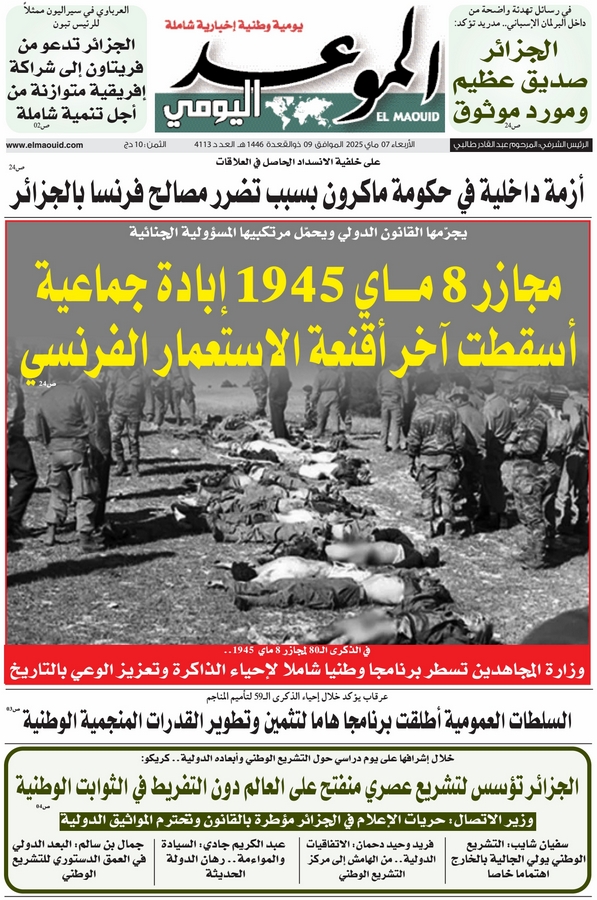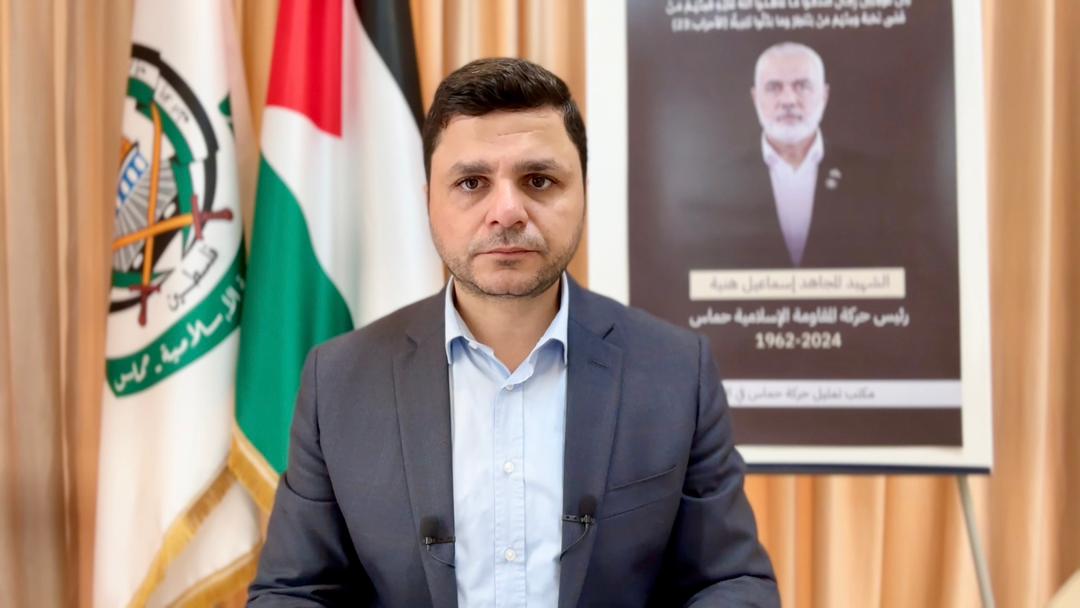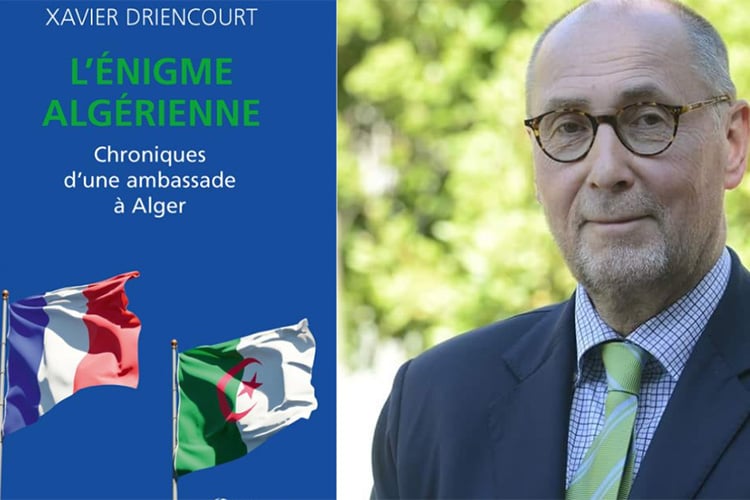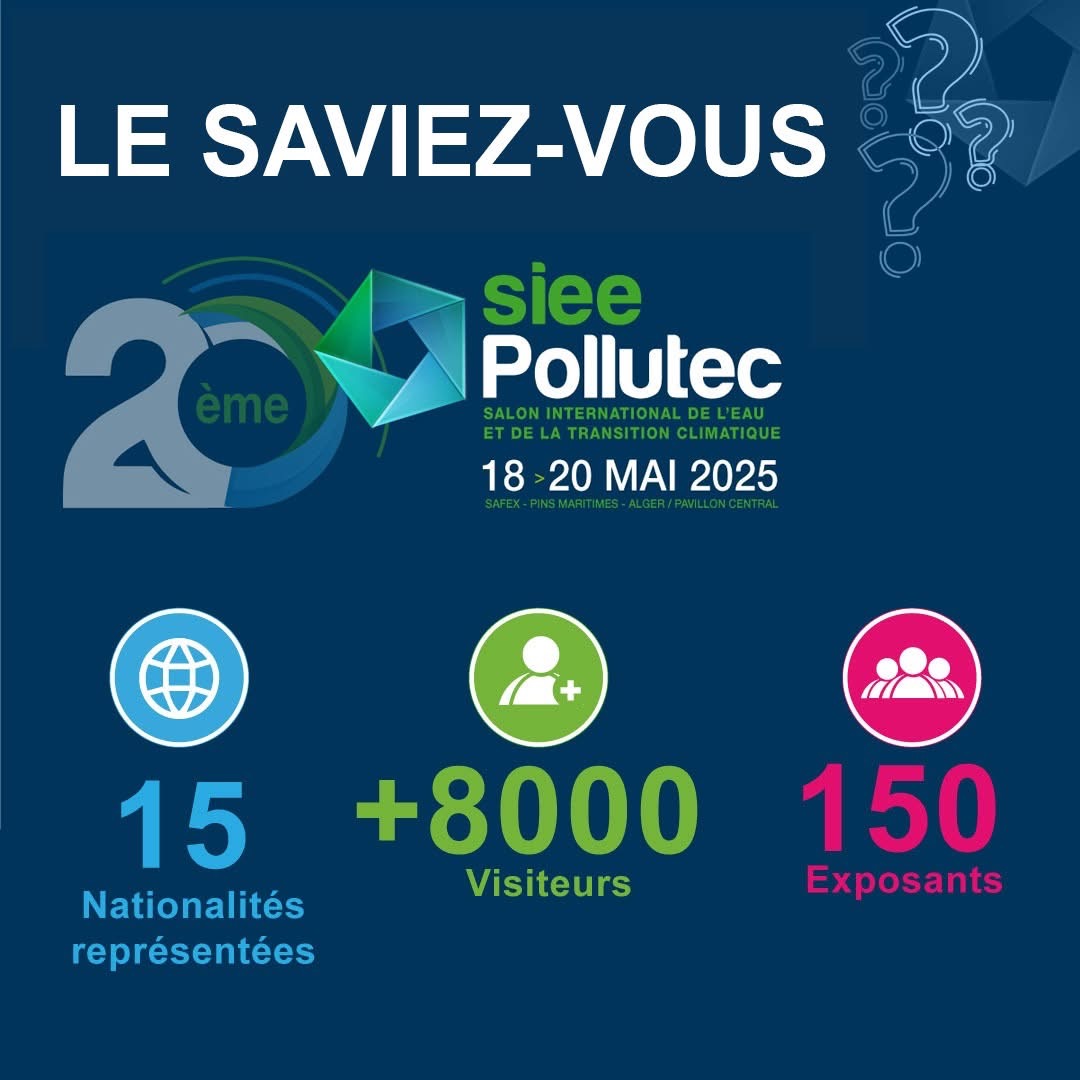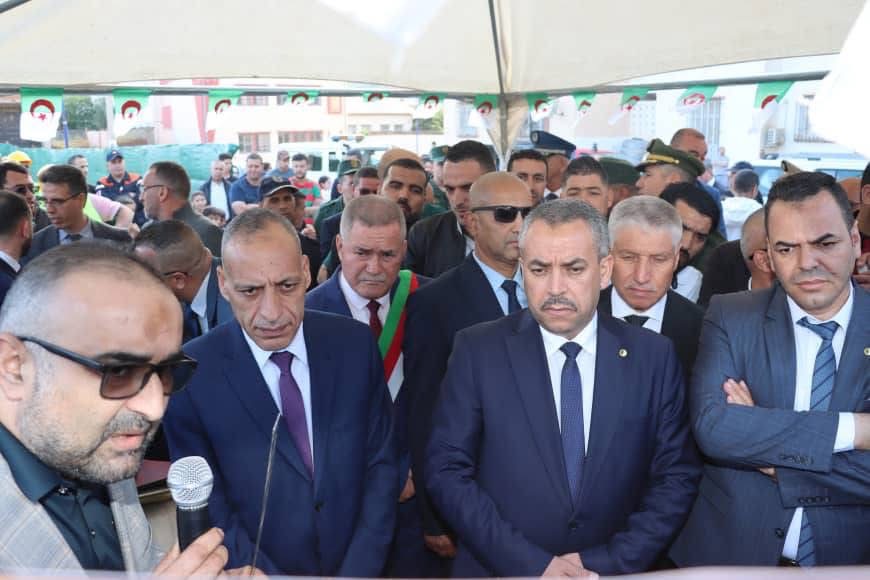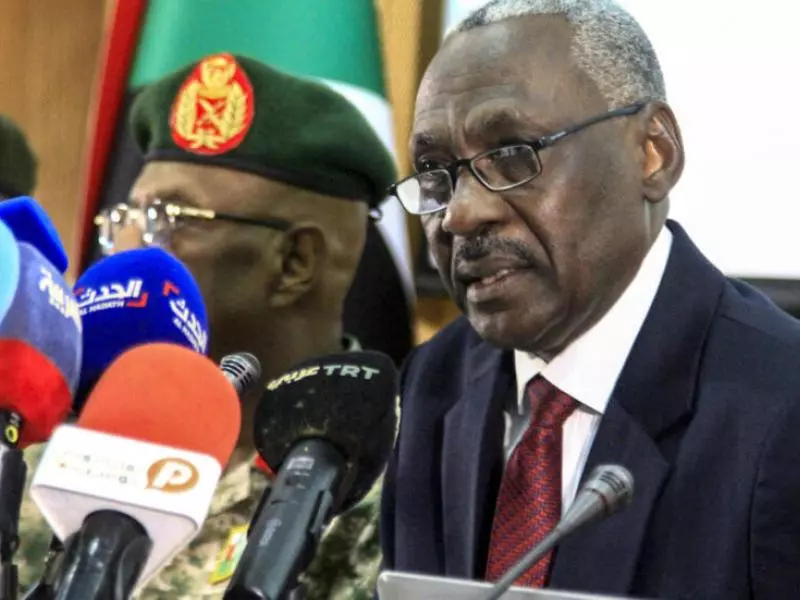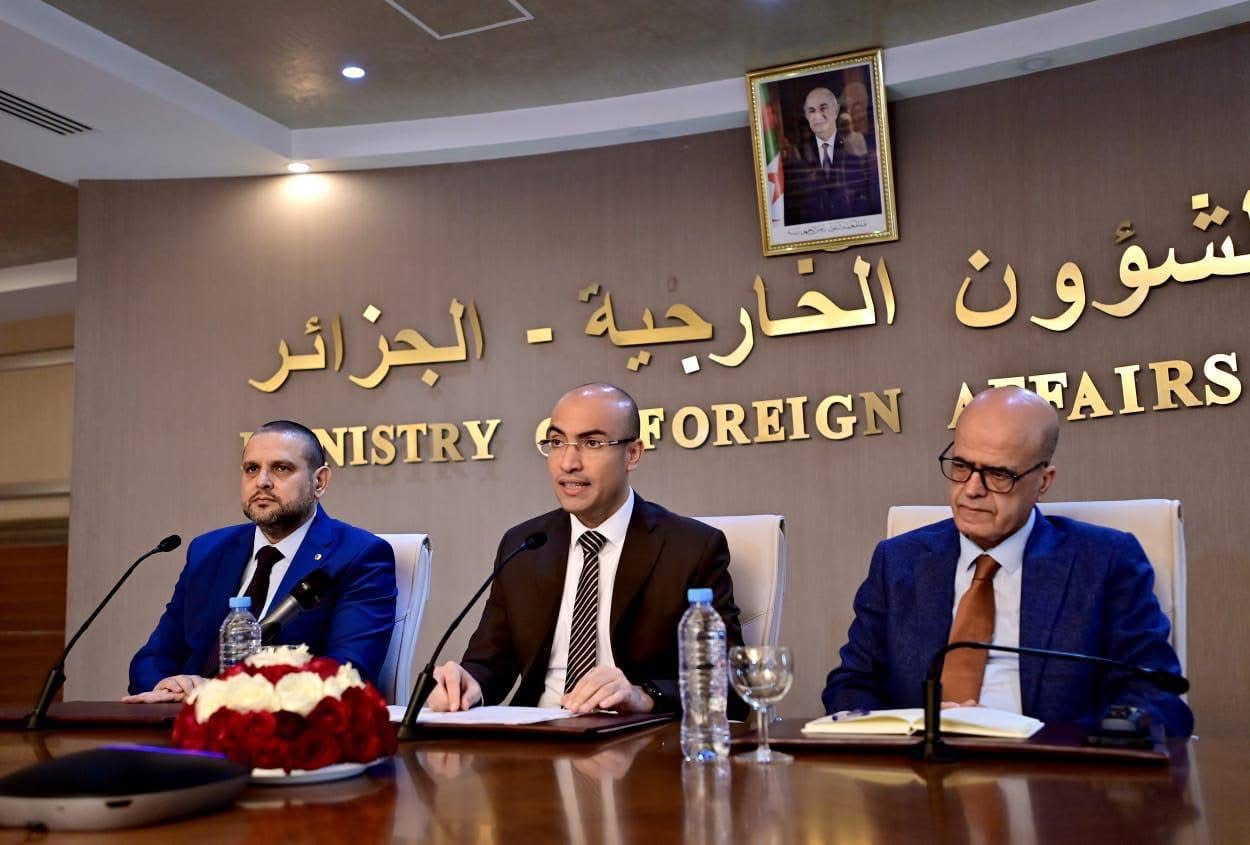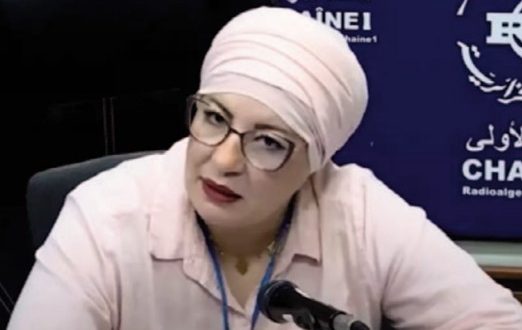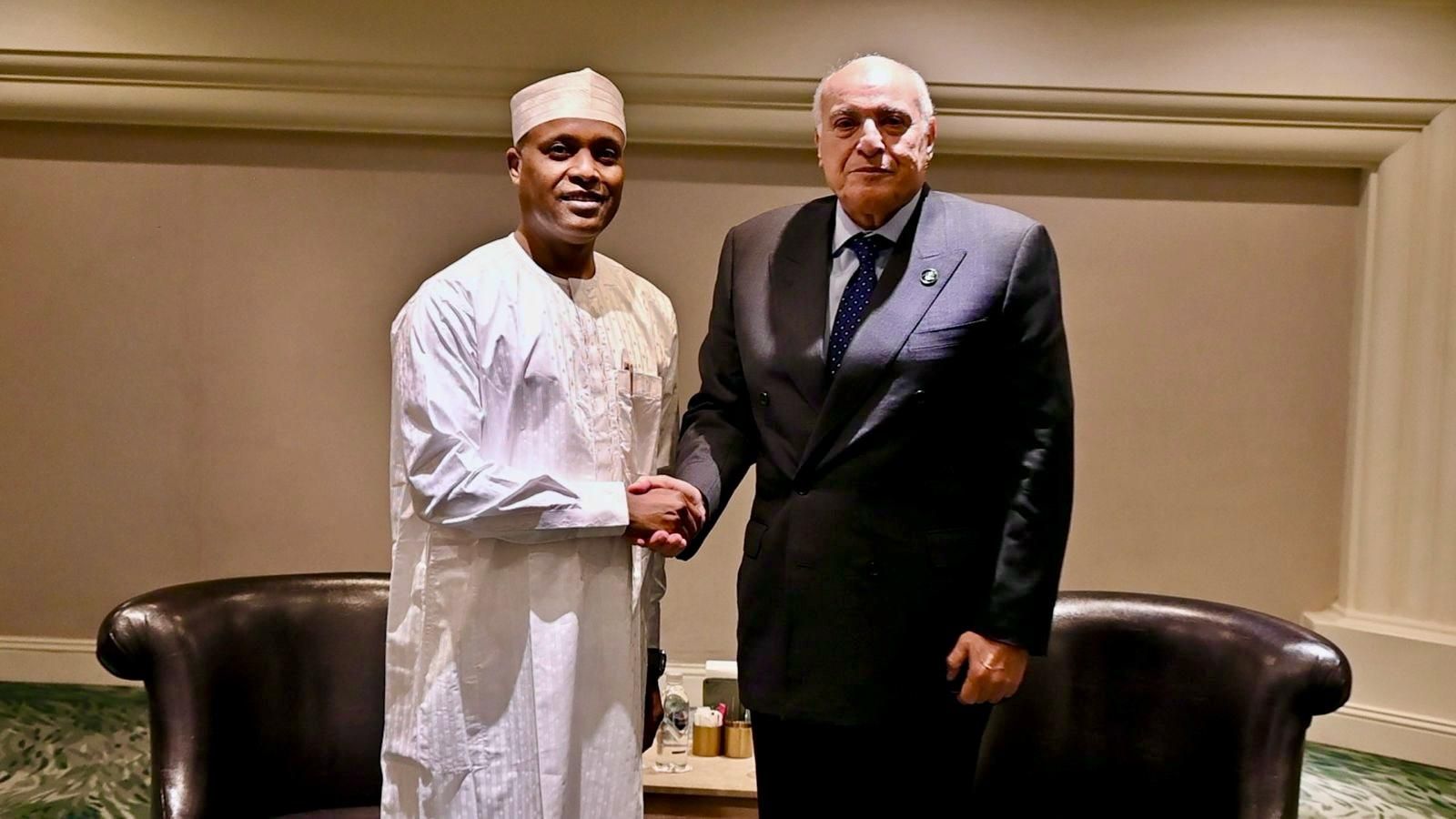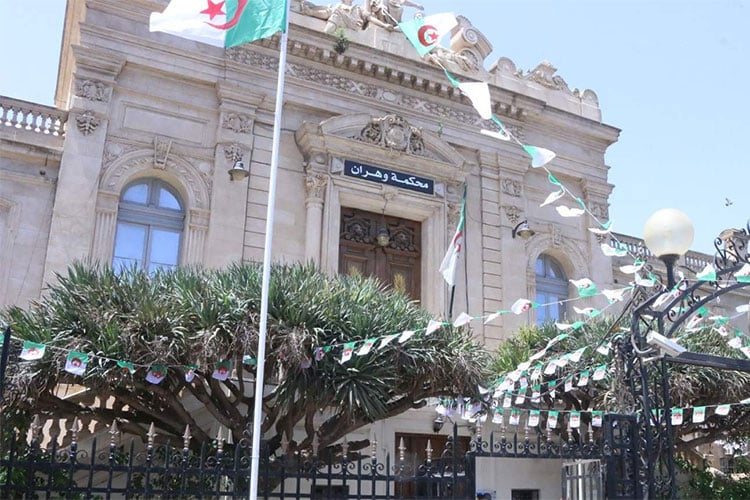Driencourt: “The relationship with Algeria is based on ambiguity and undeclared things”
The former French Ambassador to Algeria, Xavier Driencourt, admitted that the Algerian state with which France signed the Evian Agreements in 1962 is no longer the same in 2025, a description that reflects the level of parity reached in relations with the Algerian state after nearly six decades of independence. In his new book, titled […] The post Driencourt: “The relationship with Algeria is based on ambiguity and undeclared things” appeared first on الشروق أونلاين.
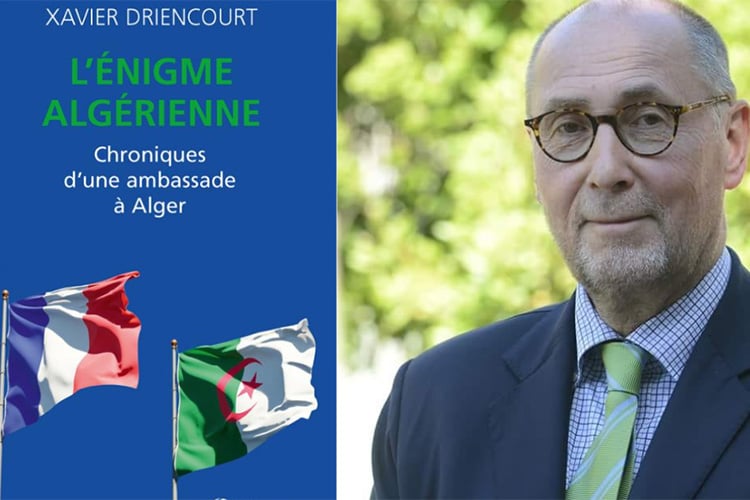

The former French Ambassador to Algeria, Xavier Driencourt, admitted that the Algerian state with which France signed the Evian Agreements in 1962 is no longer the same in 2025, a description that reflects the level of parity reached in relations with the Algerian state after nearly six decades of independence.
In his new book, titled “France Algeria, Double Blindness,” Driencourt wrote, puzzled: “We cannot understand anything about the period that is beginning if we do not remember that France’s partner in Algeria since 1962 was not the one France chose in Evian: it was a one-party system, headed by the National Liberation Front…”
In his new book, the author of “The Algerian Enigma” tried to distance his country from interfering in the internal affairs of its former colony, in a desperate attempt to disclaim a practice that cannot be denied no matter how much he and others like him try: “It is clear that France did not wish to interfere in the internal political choices of independent Algeria: it did not wish to do so, because it was very happy to put an end to the Algerian conflict, and it could not do so, because power had now passed to the new Algerian authorities.”
He supported his statement with an approach that General Charles de Gaulle had established and committed himself to, which was the necessity of “finishing as quickly as possible in order to finally move on to something else.” However, he quickly doubted what he was writing when he admitted that “the relationship that has developed since 1962 between Paris and Algiers was a relationship based on ambiguity and fueled by undeclared things.”
Le Figaro newspaper chose excerpts from the book based on a specific angle in its view of the nature of relations between France and its former colony, a relationship that arose from the suffering of the French from the loss of a dream that was a lived reality for them before it evaporated at some point in 1962, which explains the focus on painful aspects and the attempt to demonize Algeria and its symbols.
These excerpts contained some descriptions that were outside the norms and decency, such as those that affected some Algerian diplomats who were not pleased with the suspicious role played by the author of the book, who worked in Algeria in two phases (2008 and 2012, then 2017 and 2020).
The insult was disgusting towards the prominent and honorable diplomat, Amar Bendjama, who currently holds the position of Algeria’s Permanent Representative to the United Nations, and who previously served at the Algerian Embassy in Paris between 2013 and 2016.
As is his custom in attacking Algerian interests, the retired diplomat did not hesitate to target the 1968 agreement, which he believes provides privileges to Algerians over other Maghreb and African nationals, despite its revision three times, which has stripped it of its specificity. He began looking for ways to revise or unilaterally cancel it in light of the Algerian side’s refusal to discuss it.
To incite his country’s authorities against the agreement, Driencourt spoke about Article 56 of the Vienna Convention on the Law of Treaties, which allows for unilateral withdrawal, even if it requires resorting to Article 12 of the agreement, which, as he said, stipulates the establishment of a joint committee to study any difficulties that may arise over time, especially since the justification is no longer valid with the displacement of about one million “pieds-noirs” towards France immediately after Algeria’s independence.
Driencourt did not digest the Algerian presence in France as he touched upon what he described as: “Algerian family migration represents more than 60 percent of residence permits, compared to 40 for Tunisian and Moroccan citizens. This makes Algerians represent the largest segment of immigrants who come for family reasons and not for professional reasons,” according to him, in addition to what he called the privileges provided to them by the 1968 agreement, which are data that have increased those who are hostile to Algeria and its interests.
شاهد المحتوى كاملا على الشروق أونلاين
The post Driencourt: “The relationship with Algeria is based on ambiguity and undeclared things” appeared first on الشروق أونلاين.
